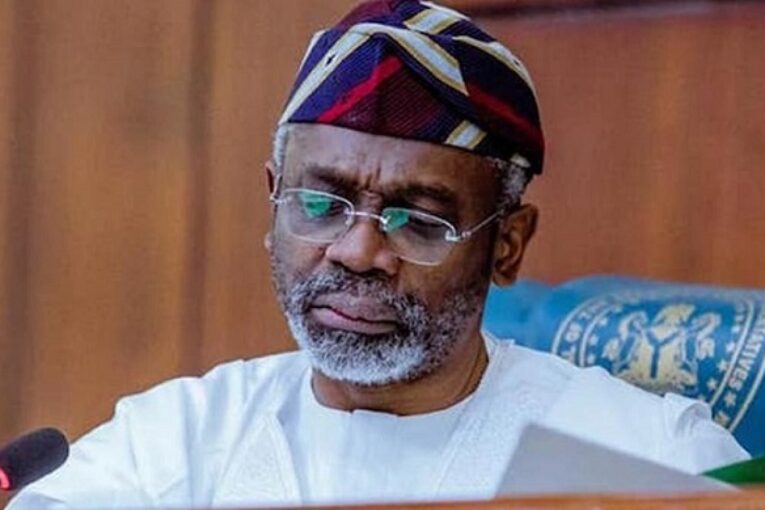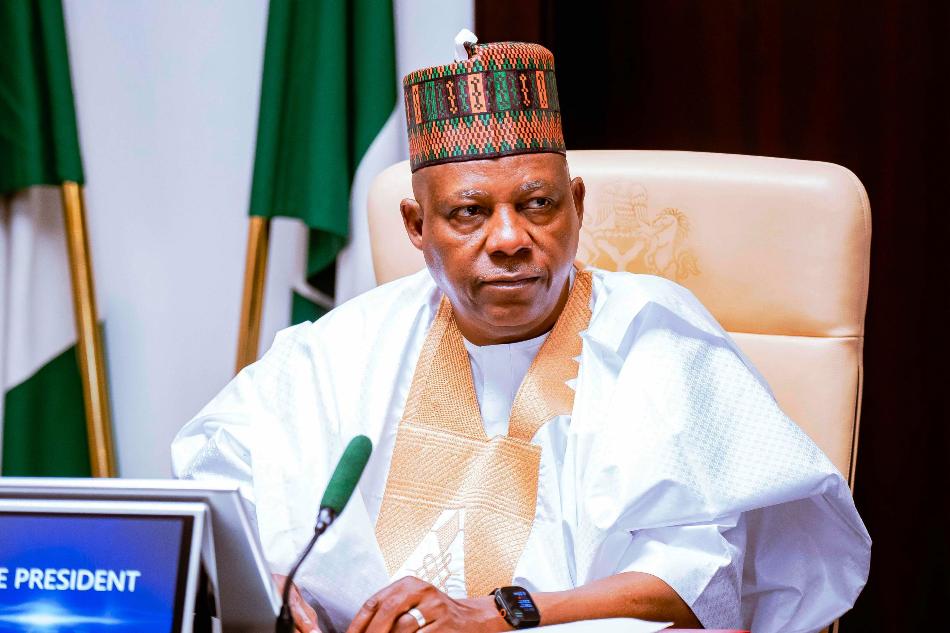
Hope brightened yesterday for an out-of-court resolution of the dispute between striking varsity teachers and their Federal Government employers.
The House of Representatives and the Academic Staff Union of Universities (ASUU) have scheduled a meeting for tomorrow to dialogue on the seven-month-old strike.
ASUU is expected to submit a written presentation of its perspective on the matter to the House ahead of the meeting which is at the instance of Speaker Femi Gbajabiamila.
The House resumes tomorrow after its annual recess.
Gbajabiamila, in an invitation letter to ASUU President Emmanuel Osodeke, said the House was worried by the failed negotiations between the Federal Government and the union.
Also, counsel to ASUU, Femi Falana (SAN), explained that out-of-court negotiations can still facilitate the resolution.
He said: “The pendency of the referral submitted to the National Industrial Court has not foreclosed negotiations with respect to the ASUU strike.
“Hence, President Buhari met the committee of pro-chancellors of public universities last Friday and said that he would consult with other stakeholders with a view to resolving the ASUU strike.
“The House of Representatives has invited ASUU leaders and other stakeholders to a crucial meeting on Tuesday, September 20 with a view to resolving the crisis in the universities.
“I expect that both parties will shift positions and resolve the crisis as soon as possible.”
Gbajabiamila also explained in the letter signed by the Clerk of the House, Yahaya Danzaria, that the lawmakers were “more worried by the negative consequences of the strike on the future and quality of education of our teeming youths.”
The letter marked ‘NASS/HR/LEG/03/11/065,’ reads: “The Hon. Speaker, House of Representatives, Rt. Hon. Femi Gbajabiamila, hereby invites you to a stakeholders meeting towards finding a lasting solution to the lingering strike embarked upon by ASUU since February 2022.
“The House of Representatives is deeply concerned about the renewed strike which seems to have defied all efforts made to find a solution or reach an agreement between the Federal Government and the striking university teachers.
“The House is more worried by the negative consequences of the strike on the future and quality of education of our teeming youths who have been kept at home for over seven months despite the intervention of the House and several well-meaning Nigerians over time to see that the matter was resolved.
“In the light of the foregoing, the House hereby requests for another opportunity to come together with stakeholders and leadership of ASUU to seek an amicable resolution without prejudice to the fact that the matter is already in the (National)Industrial Court.”
Chairman House of Representatives Committee on Legislative Agenda, Henry Nwawuba, said members would not sit back and watch the strike linger.
He said: “If anybody told me we would be in the situation we are today with ASUU strike, just the same way we didn’t see COVID-19 coming and even the insecurity that we have in Nigeria today, it’s difficult to believe it.”
Osodeke, who confirmed the invitation to The Nation yesterday, said: “Our policy is that anybody that invites us, we go. We will attend the meeting on Tuesday.”
He, however, insisted that university teachers would not return to the classrooms till their demands were met.
His words: “Returning to work before the government addresses the issues is not an option.
“In seven months, they (the Federal Government) didn’t address the issues. Now they are saying we should go back and that they will address the issues. Does it not sound somehow?
“If when we are on strike the government refused to address the issues, is it when students have resumed that we will have the time to do anything? It is so sad.”
Some of the contentious issues that led to the strike include the non-release of funds for the revitalisation of federal universities, non-payment of earned allowance (or earned academic allowance) of lecturers, renegotiation of the 2009 Agreement between the government and ASUU, and the non-release of White Paper for visitation panel.
Others are the non-payment of minimum wage arrears and the inconsistency occasioned by the use of the Integrated Payroll and Personnel Information System (IPPIS) as well as the government’s insistence on the no-work, no-pay rule.
The government had a week ago sued ASUU, seeking an order compelling its members to resume work.
Last Friday, the court adjourned the hearing till today.
-Thenation




